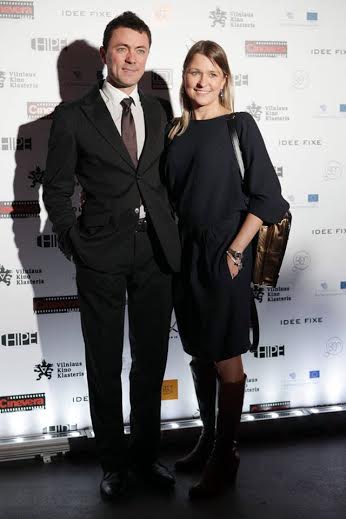 The opening of the 1000 sq m sound stage of approximately 1 m EUR in April 2014 gave a boost to the Vilnius Film Cluster, which was founded in 2011 by 11 companies, with 11 new companies joining last summer. “The sound stage is going very well, it’s fully booked and there are also foreign productions coming”, general manager of Vilnius Film Cluster, Aidas Akcijonaitis, told FNE.
The opening of the 1000 sq m sound stage of approximately 1 m EUR in April 2014 gave a boost to the Vilnius Film Cluster, which was founded in 2011 by 11 companies, with 11 new companies joining last summer. “The sound stage is going very well, it’s fully booked and there are also foreign productions coming”, general manager of Vilnius Film Cluster, Aidas Akcijonaitis, told FNE.
As a union of companies working together in the audiovisual industry, Vilnius Film Cluster is now moving into a new territory: scientific innovations. The cluster will soon apply for EU‘s structural funds (as it did for the sound stage) and it seems that the funding will be dedicated to robots. The cluster already purchased a motion control system and a phantom camera typically used in commercials.
Aidas Akcijonaitis also told FNE: “Vilnius Film Cluster not only provides highest quality services, but also conducts research, develops technologies and projects, as well as actively cooperates with Lithuanian and foreign partners to support young film professionals.“
Vilnius Film Cluster will also apply for EU‘s structural funds in order to build a digital network in Lithuania including 20 screens.” There are approximately 60 cultural houses which used to have cinema projections. We want to digitalise 20 of them and establish cinemas in small towns again. It’s a very expensive project so we are collaborating together with the Lithuanian Film Center and several ministries”, Aidas Akcijonaitis told FNE.
The initiator of this project, producer Kestutis Drazdauskas from Artbox, is one of the founders of the cluster. The art house cinema and distribution company Kino Pasaka co-owned by Greta Akcijonaite might also join the Cluster. Vilnius Film Festival already joined in 2014.



















